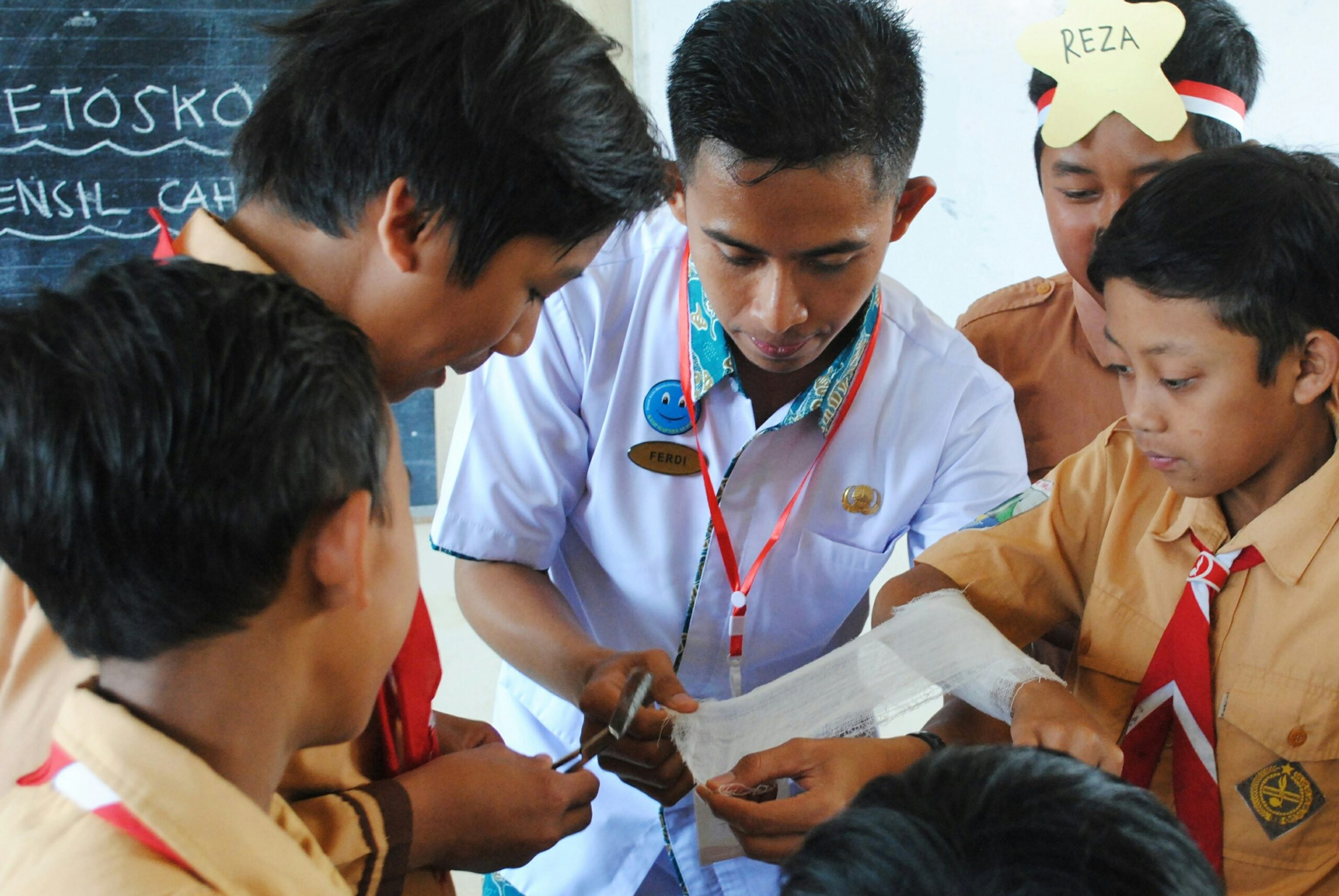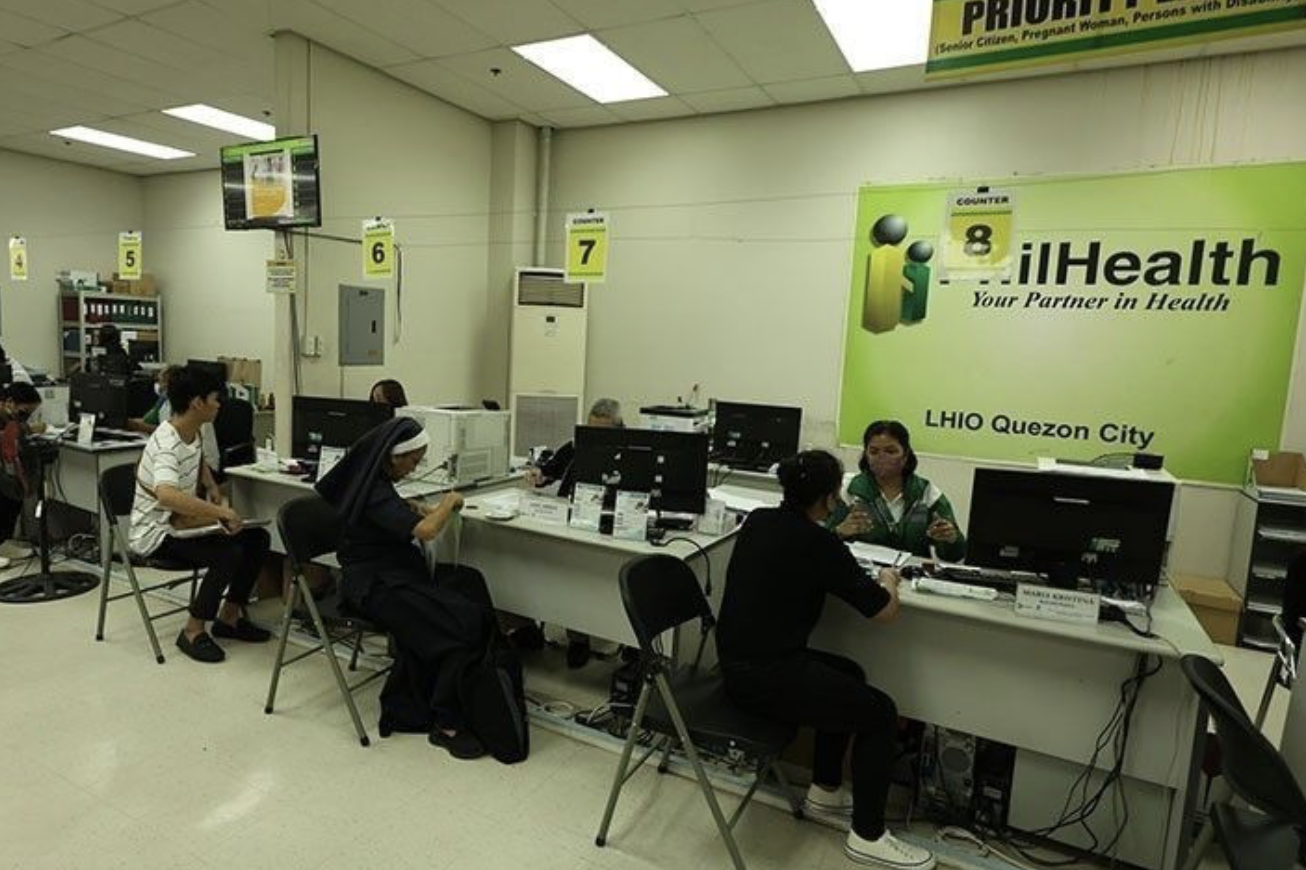Out-of-pocket health spending in the Philippines hit ₱615B in 2024, 42.7% of total healthcare costs, exposing families to debt as government schemes lag behind rising expenses. Experts urge reforms and new financing tools like sin taxes to ease the unsustainable burden on households.
The latest report from the Philippine Statistics Authority (PSA) paints a deeply concerning picture of the country’s healthcare financing, pointing to Filipinos’ growing dependence on out-of-pocket (OOP) payments. In 2024, OOP spending on health surged to more than ₱615 billion, reflecting an 11.8 percent increase from the previous year. This means that nearly half of all health spending continues to come directly from household pockets, forcing families to shoulder an unsustainable financial burden.
According to the PSA, OOP payments accounted for 42.7 percent of the total current health expenditure, nearly matching the 44.7 percent contributed by government schemes and compulsory financing systems. While government programs have expanded considerably—growing by 29.5 percent in 2024—they still cannot keep up with rising medical costs. The result is a widening gap, leaving households vulnerable, often having to choose between affording treatment or meeting day-to-day needs.
Total health spending in the Philippines rose to ₱1.56 trillion in 2024, up 17.1 percent from the year before. But despite this apparent growth, many ordinary families remain excluded from meaningful financial protection. OOP payments are not just supplementary—they represent one of the biggest barriers to accessing care. For poorer families, the reliance on direct payments entrenches a cycle of poverty and ill health. Wealthier households benefit more from formal schemes, while those at the margins often face catastrophic expenditures that push them further into debt.
This inequity underscores systemic weaknesses. The World Health Organization defines OOP costs as expenses incurred directly at the point of care, whether formal or informal. Such payments, when high, are universally recognized as undermining access to equitable healthcare. Solutions therefore require deliberate reforms to reduce people’s reliance on direct payments and broaden financial protection mechanisms.
Experts such as Eduardo P. Banzon of the Asian Development Bank have suggested innovative financing avenues, including the use of sin taxes on products like alcohol, tobacco, and sugary drinks, as well as tapping into revenues from gaming and charity organizations. These resources, if properly allocated, could substantially strengthen health financing pools.
However, the key challenge lies in consistent political will. Without decisive government action and systemic reform, the present trajectory is unsustainable. The rise of OOP spending not only undermines health equity but also betrays the government’s commitment to Universal Health Coverage. Unless urgent steps are taken, millions of Filipinos will remain trapped in a system where access to healthcare is based less on need and more on one’s ability to pay.



